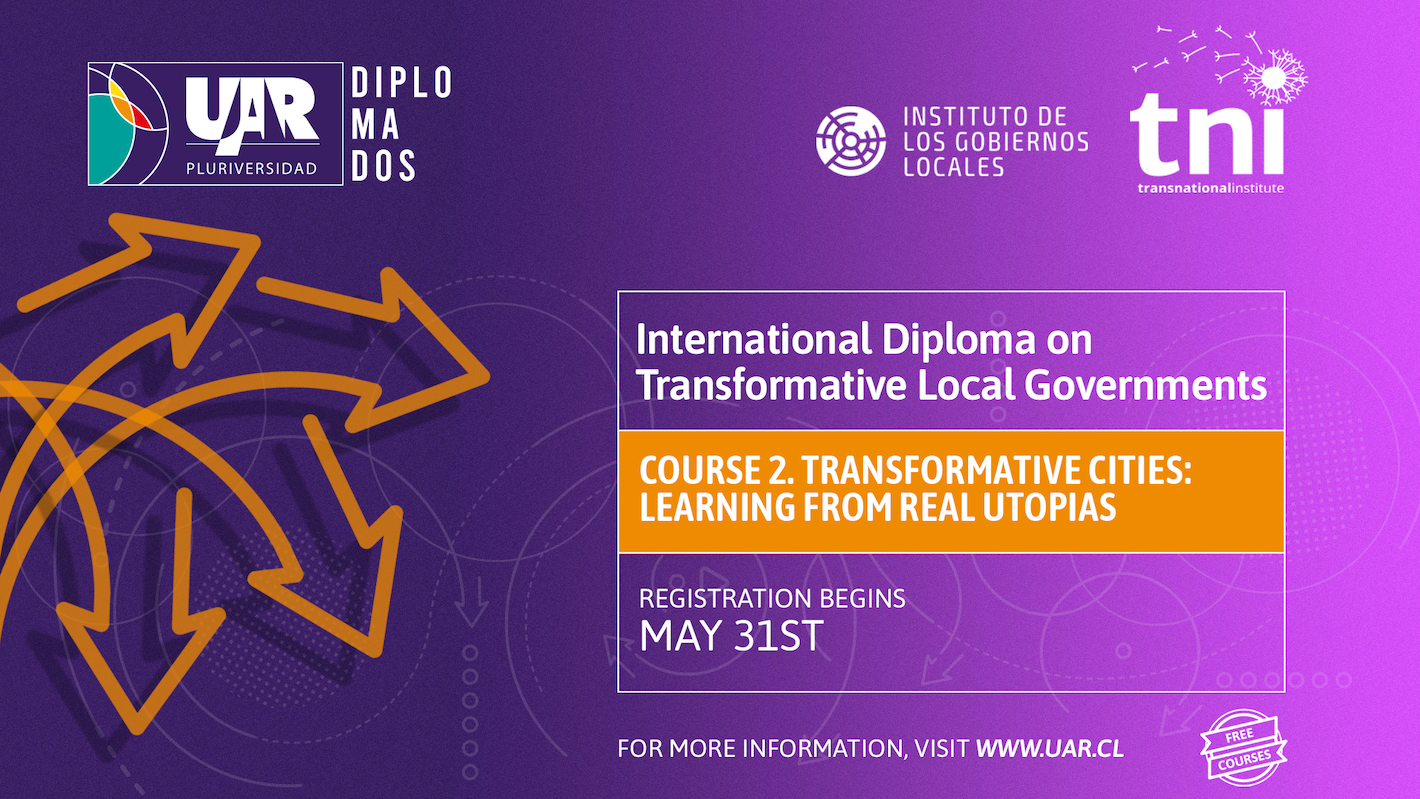|
We can no longer ignore the role of Big Tech in entrenching global inequality. To curtail the forces of digital capitalism, we need an ecosocialist Digital Tech Deal.
Was this forwarded to you? Sign up
here
|
|
Dear reader,
We can no longer ignore the role of Big Tech in entrenching global inequality. To curtail the forces of digital capitalism, we need an ecosocialist Digital Tech Deal.
 Illustration by Zoran Svilar Illustration by Zoran Svilar
In the space of a few years, the debate on how to rein in Big Tech has become mainstream, discussed across the political spectrum. Yet, so far the proposals to regulate largely fail to address the capitalist, imperialist and environmental dimensions of digital power, which together are deepening global inequality and pushing the planet closer to collapse. We urgently need to build an ecosocialist digital ecosystem, but what would that look like and how can we get there? In this new longread Michael Kwet provides 10 principles to guide such a transition.
Read more
|
|
|
|
|
|
|
|
This close examination of investment arbitration lawsuits against Spain reveals that the Energy Charter Treaty (ECT) is benefiting only transnational investors and specialized law firms at the expense of Spain’s renewable energy ambitions.
Read more
|
|
|
|
|
|
|
|
|
|
|
This report shows that the EU’s plan to drastically increase imports of renewable hydrogen from North Africa is not realistic from a cost or energy perspective and instead diverts renewable electricity away from local needs and local climate targets.
Read more
|
|
|
|
|
|
The Transnational Institute (TNI) is issuing an open call for essays, accessible papers, infographics and artistic collaborations on the theme of 'digital power' for its eleventh State of Power report to be launched in January 2023. (Deadline for pitch/proposal: 13 June 2022)
Read more
We are looking for an experienced Fundraising Officer with networks in relevant foundation circles to help us to sustain our budget and secure new grants for our work. You will be responsible for developing and implementing our fundraising strategy.
Apply here
In a recent webinar we looked at multistakeholderism in the health sector, connecting the dots between multistakeholder arrangements and the erosion of civil society’s participation in global health governance. It served to inform and mobilise organizations and people with an interest in the WHO to deliberate on building a stronger democratic multilateral system, accountable to the public interest and committed to a sustainable planet.
Watch recording
"This diversion of resources to securitising the climate crisis does nothing to address its root causes or to prevent it from getting worse. Rather it ends up turning its victims into ‘threats’ that must be dealt with militarily. It is an irrational and deeply inhumane way of responding to the climate crisis." An interview with Nick Buxton by Nuria del Viso.
Read more
|
|
|
|
|
|
|
|
With the United Nations Oceans Conference coming up between 27 June and 1 July, we thought this would be as good a time as any to take a closer look at the oceans that make up more than 70% of our planet’s surface.
What is the relation between contemporary social, environmental, climate, economic crises and the oceans?
Liam Campling and Alex Colas, are the authors of the book, Capitalism and the Sea: The Maritime Factor in the Making of the Modern World. In their book, which deals with the political economy, ecology and geopolitics of the sea, the authors argue that the earth’s geographical separation into land and sea has significant consequences for capitalist development. The distinctive features of this mode of production continuously seek to transcend the land-sea binary in an incessant quest for profit, engendering new alignments of sovereignty, exploitation and appropriation in the capture and coding of maritime spaces and resources.
Here they are in conversation with Mads Barbesgaard, who is a researcher with TNI working on struggles around the use and control of land and ocean resources in the midst of the energy transition.
Subscribe to State of Power on
Spotify
,
TuneIn
or
AudioBoom
|
|
|
|
|
|
|
Wageningen (Netherlands)
We are delighted to announce that the Voedsel Anders (Food Otherwise) Conference will take place on 10 & 11 June 2022 in Wageningen! It will be a connecting two-day conference with inspiring speakers and more than 50 interactive workshops under the overall theme: “Together towards a Democratic Food System”.
Register here
9:00 am–5:30 pm
Register now to attend the four-day online conference on shifting narratives around public services, spending and production (PSSP). Confirmed speakers include: Mariana Mazzucato, June Sekera, Abby Innes and Isabel Ortiz among others.
Register here
5:00 pm (Chile time)
The online course New Municipalism: Local Politics as a Place for Social Change has recently started but you can still join it for free.

The Universidad Abierta de Recoleta, together with the Transnational Institute (TNI) and Common Police, present the second course of the International Diploma in Transformative Local Governments.
The notion of local government on which this course is based implies the participation of all the different actors and sectors of society. It is assumed that for the local government to function, and to meet its public objectives of social welfare and good living, there needs to be informed citizen participation, so this course is aimed at providing useful and relevant information for citizen empowerment, and the design of local public policies oriented to the common good.
Enroll here
|
|
|
|
|
|
The tri-annual comprehensive flagship Report on Health, led by the People's Health Movement (PHM)
Including a chapter by Brid Brennan of the Transnational Institute:
The World Economic Forum's Great Re-Set: Corporate Ambitions and the Future of Multilateralism in and beyond Global Health.
The chapter unpacks the threat to the UN multilateral governance system – by the corporate capture embedded in the multistakeholderisation being aggressively pushed by the World Economic Forum (WEF) – including in its strategic partnership forged with the current UN Secretary General. This trend is increasingly promoting false solutions which position the private sector at the decision making center in addressing the multiple crises impacting planet and people at this time. This corporate capture of decision making in global governance undermines and marginalizes responsibility and capacity of the state resulting in an unaccountable privativisation of democracy.
Read more
|
|
|
|
|
|
|
| | | |